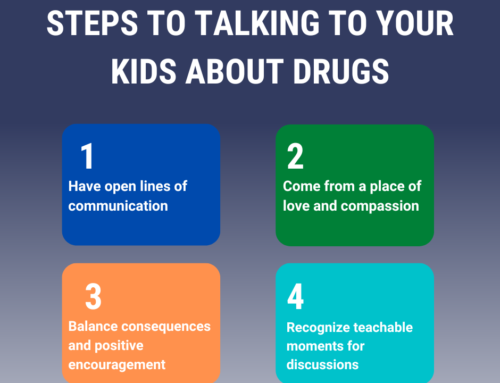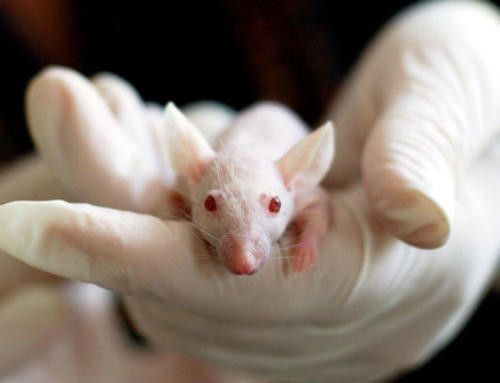According to the CDC, more than a third of Americans are obese and that percentage seems to keep increasing. Obesity has been linked to many diseases, most notably heart disease, diabetes, and cancer. Obesity drives up healthcare costs and drives down life expectancy. Researchers are now discovering that food addiction is similar in many ways to drug addiction and may need similar kinds of treatment. It’s worth pointing out that not all obese people are addicted to food. One study found that about half of people seeking weight loss surgery showed signs of food addiction. More often, overweight people just regularly consume too many calories, which is easy to do in America. For some people, though, food is like a drug in several ways.
Foods spike dopamine.
Food manufacturers know that foods high in sugar, fat, and salt produce the biggest dopamine reward. Eating chocolate cake, for example, is a dopamine jackpot. It has little nutritional value. The whole point is the pleasure of eating it. Similarly, most people are aware that dopamine plays a major role in drug addiction. The pleasure of drug use and the expectation of future use spike dopamine and encourage the brain to fixate on that pleasurable experience.
There is a significant difference between food and drugs in this regard though. While, say, a doughnut, might spike dopamine to twice its normal level, the dopamine spike from heroin might be ten times its normal level. That’s a significant difference. It’s worth noting that everyone responds differently to food and drugs. Someone who is genuinely addicted to food might have a dopamine response much larger than average, and more similar to addictive drugs.
Food addiction correlates with anxiety and depression.
Co-occurring disorders are common in drug addiction. Typically, the addiction is more of a symptom than a cause, but addiction also makes mental health issues worse. Food is no different. Food can be comforting in moments of stress, but the relief is temporary. Eating a lot of sugary, fatty, salty food makes you feel worse in the long run. You are less healthy, and your confidence suffers as you gain wait and feel less control over your behavior.
You try to quit but you can’t.
This is basically the definition of addiction. Food addicts know they eat too much and it’s hurting them, but they still can’t stop. Controlling their addiction is especially tricky because while people addicted to drugs and alcohol often succeed through abstinence, people addicted to food must learn to moderate. Food may not provoke the same dopamine response as heroin, but food addicts have to use their drug of choice moderately three times every day.
Located in downtown Midland, The Springboard Center’s mission is to offer programs and services to treat alcohol and drug addiction treatment using an evidence based curriculum, 12 step programs, diet, nutrition, exercise, emotional, mental and spiritual development for a long recovery. For more information, please call us at 432-620-0255 as we are open 24 hours a day, 7 days a week.




